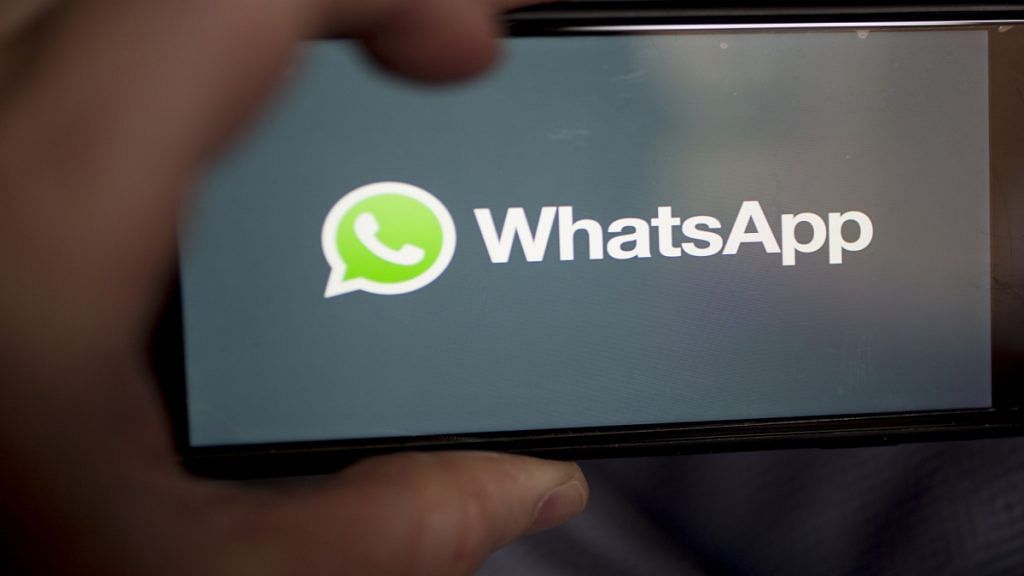In a prelude to his second episode of the balcony series, Prime Minister Narendra Modi addressed the nation on 3 April at 9 am, and urged Indians to come out on their balconies, again. This time, he asked them to light candles or torches for nine minutes “to defeat the despair of coronavirus”. By 11 am, explanations justifying the logic behind Modi’s announcement had seemingly become common knowledge, courtesy the stalwarts of WhatsApp ‘University’ and their dutiful ‘forwarders’.
Also Read: Indians are fighting against coronavirus and BJP IT cell is fighting against Indians
Fake news and NASA
Calling it a “surgical strike” against coronavirus and explaining how carbon monoxide will cancel the virus must have had Justus von Liebig and Friedrich Wöhler, the researchers responsible for the emergence of organic chemistry as a field of study, turning in their graves.
While preliminary research shows that infections like coronavirus may be seasonal and India’s hot summers could help control the outbreak, there is no concrete evidence yet. But don’t tell that to the WhatsApp ‘University’, which has declared — citing NASA no less — that the coronavirus cannot survive high temperatures. It then conjured up an ‘IIT professor’ who declared that if 130 crore candles are lit, the temperature would increase by 9 degrees and by 9:09 pm, the coronavirus will be defeated in a “masterstroke by Modi”.
On 19 March , when PM Modi called upon all Indians to stand on their balconies and clap or bang pots and pans to show support for the doctors and other healthcare workers, similar justifications had emerged. Apparently, vibrations are enough to kill the coronavirus. Fifteen days hence, cases have increased exponentially.
India’s obsession with NASA and IIT is dumbfounding. What part of “National Aeronautics and Space Administration” leads people to believe that it is an appropriate source for information on a virus that got transmitted from animals. Even if I suspend belief for a moment and assume that I should look at space organisations for information on a pandemic, why does John F Kennedy Space Center or our very own Indian Space Research Organisation (ISRO) never make the cut? As for the IIT, the homegrown institute is a personal favourite of many Indian parents and students, so its popularity in the WhatsApp world whose members readily use its name to lend authenticity to their bizarre claims is no surprise.
Also Read: Prince Charles’ office refutes AYUSH minister Naik’s ayurveda curing Covid-19 claims
The factory of fake news
Since Modi came to power in 2014, all his actions — no matter how questionable or simply devoid of reason or logic — have been backed by ‘students’ of the WhatsApp ‘University’, with NASA and IIT being their exclusive sentinels. But what exactly is this WhatsApp University?
Senior NDTV India journalist, and my personal favourite, Ravish Kumar can be credited with coining the name for India’s biggest factory of fake news. The messaging platform, which has nearly 200 million active users, has become one of the primary source of ridiculously bizarre fake news related to everything — election, politics, religion, science, history, mathematics and whatnot. Messages are forwarded without a second thought to every contact on the phone. As long as it sounds true enough, it is good enough.
However, the Facebook-owned app has taken measures to curb the spread of fake news on its platform by limiting the number of forwards and making changes in how people are added to the groups. It has also started blocking numbers that are found to be sharing misinformation.
But these measures seem to be having little impact on the ground, which makes people outrage regularly on social media. But our outrage against fake content shouldn’t just be limited to those that lead to hate and violence. It should also be against all such false content that spread collective ignorance and obscurantism and lead to long-term dumbing down of a nation.
The importance of steps WhatsApp is taking to curb misinformation cannot be underlined enough. But to what extent do they deter the warriors of India’s prestigious WhatsApp University, who proudly stand as the first line of defense for PM Modi? Your guess is as good as mine.
Views are personal.
